Katyn: recordar la tragedia, olvidar el film [Katyn: remember the tragedy, forget the movie]

El film “Katyn”, de Andrzej Wajda ha sido, para mí, una obra decepcionante. Seguramente lo mismo opinan una buena parte de los espectadores españoles, dado que el film permaneció muy poco tiempo en cartelera. Y es que la película tiene varios problemas que lo señalan como una obra de decadencia dentro de la filmografía del director polaco. En primer lugar, la narración está mal construida, no mantiene el interés del espectador y se hace aburrida. En buena medida, ello es porque protagonismo de los militares prisioneros y el de sus familias está mal repartido a lo largo del guión. Pero sobre todo, el film tiene un tono patriotero que afecta al realismo de los personajes. Wajda siempre había sido un buen constructor de caracteres, con interesantes matices sicológicos que pesaban más que las ideologías. Quizás el ejemplo más claro se encuentra en aquella “Cenizas y diamantes”, de 1959, en que tanto el dirigente comunista como el guerrillero nacionalista expresaban una fatiga, un cansancio de la guerra y del enfrentamiento que hicieron del film una obra maestra.
En “Katyn” no queda casi nada de aquello. Es una obra puesta al servicio del moderno nacionalismo polaco, pensada para ser estrenada precisamente en 2009, aniversario de 1939, especialmente enfocado desde Varsovia como una celebración anti rusa, más que anti alemana. Por lo tanto, su calidad de film patriótico y propagandístico aplasta la sicología de los personajes, casi todos muy rígidos o esquemáticos. Y ese es un rasgo de “Katyn” que afecta incluso aquellos caracteres más acordes con el nuevo viraje ideológico de Wajda: así, el joven combatiente clandestino de la Armia Krajowa que aparece en “Katyn” es un joven atolondrado y más bien banal, que poco tiene que ver con aquel Maciek que interpretaba Zbigniew Cybulski, de “Cenizas y diamantes” (hace justamente medio siglo, otra efemérides) que llegó a ser conocido como el “James Dean del Este”.
En cuanto a la intencionalidad política de “Katyn” sólo cabe esperar que mejore la calidad de los miles de films pendientes sobre asuntos de condolencias históricas, esperando a ver si dentro de seis años, en 2015, algún director japonés dirige algún film-efeméride similar sobre el bombardeo de Hiroshima y Nagasaki, con la misma intencionalidad de buscar la disculpa histórica de los culpables, en este caso los estadounidenses.

The film "Katyn" from Andrzej Wajda has been, for me, a disappointing movie. Surely a good portion of Spanish public should felt the same, since the film spent very little time in cinemas. In fact, the movie has several problems that indicate a decline in work of Polish director's filmography. First, the narrative is poorly constructed: fails to hold audience interest and becomes boring. Maybe that happens because the script badly divides the role of military prisoners and their families. But mostly, the film has a patriotic background that affects the realism of the characters. Wajda has always been a good character builder, with interesting psychological nuances that weighed more than ideologies. Perhaps the clearest example lies in that "Ashes and Diamonds", 1959, in which both the Communist leader and the nationalist fighter, expressed weariness of war and confrontation; and it just made that film a masterpiece.
In "Katyn" almost nothing remains of it. It is a work in the service of Polish present-day nationalism, just intended to be released in year 2009, the anniversary of 1939, particularly focused from Warsaw as a celebration of anti-Russian, rather than anti-German feelings. Therefore, as a patriotic and propagandistic film, it crushes the psychology of the characters, almost all very rigid or schematic. And that is a feature of "Katyn" affecting even those characters more in line with the new ideological shift of Wajda: thus, the young fighter from the clandestine Armia Krajowa that appears in "Katyn" is a reckless and rather banal young , that has little to do with that Maciek who played Zbigniew Cybulski in "Ashes and Diamonds" (just half a century ago, another anniversary) which became known as the "James Dean of the East".
As for the political purposes of "Katyn" one would want a clear improvement in the quality of the thousands of outstanding films on historical condolences, waiting to see if, within six years, in 2015, a Japanese director made a movie -as commemoration of the nuclear bombings of Hiroshima and Nagasaki, with the same intention of seeking the historic apology for the guilty, in this case the Americans.
En “Katyn” no queda casi nada de aquello. Es una obra puesta al servicio del moderno nacionalismo polaco, pensada para ser estrenada precisamente en 2009, aniversario de 1939, especialmente enfocado desde Varsovia como una celebración anti rusa, más que anti alemana. Por lo tanto, su calidad de film patriótico y propagandístico aplasta la sicología de los personajes, casi todos muy rígidos o esquemáticos. Y ese es un rasgo de “Katyn” que afecta incluso aquellos caracteres más acordes con el nuevo viraje ideológico de Wajda: así, el joven combatiente clandestino de la Armia Krajowa que aparece en “Katyn” es un joven atolondrado y más bien banal, que poco tiene que ver con aquel Maciek que interpretaba Zbigniew Cybulski, de “Cenizas y diamantes” (hace justamente medio siglo, otra efemérides) que llegó a ser conocido como el “James Dean del Este”.
En cuanto a la intencionalidad política de “Katyn” sólo cabe esperar que mejore la calidad de los miles de films pendientes sobre asuntos de condolencias históricas, esperando a ver si dentro de seis años, en 2015, algún director japonés dirige algún film-efeméride similar sobre el bombardeo de Hiroshima y Nagasaki, con la misma intencionalidad de buscar la disculpa histórica de los culpables, en este caso los estadounidenses.

The film "Katyn" from Andrzej Wajda has been, for me, a disappointing movie. Surely a good portion of Spanish public should felt the same, since the film spent very little time in cinemas. In fact, the movie has several problems that indicate a decline in work of Polish director's filmography. First, the narrative is poorly constructed: fails to hold audience interest and becomes boring. Maybe that happens because the script badly divides the role of military prisoners and their families. But mostly, the film has a patriotic background that affects the realism of the characters. Wajda has always been a good character builder, with interesting psychological nuances that weighed more than ideologies. Perhaps the clearest example lies in that "Ashes and Diamonds", 1959, in which both the Communist leader and the nationalist fighter, expressed weariness of war and confrontation; and it just made that film a masterpiece.
In "Katyn" almost nothing remains of it. It is a work in the service of Polish present-day nationalism, just intended to be released in year 2009, the anniversary of 1939, particularly focused from Warsaw as a celebration of anti-Russian, rather than anti-German feelings. Therefore, as a patriotic and propagandistic film, it crushes the psychology of the characters, almost all very rigid or schematic. And that is a feature of "Katyn" affecting even those characters more in line with the new ideological shift of Wajda: thus, the young fighter from the clandestine Armia Krajowa that appears in "Katyn" is a reckless and rather banal young , that has little to do with that Maciek who played Zbigniew Cybulski in "Ashes and Diamonds" (just half a century ago, another anniversary) which became known as the "James Dean of the East".
As for the political purposes of "Katyn" one would want a clear improvement in the quality of the thousands of outstanding films on historical condolences, waiting to see if, within six years, in 2015, a Japanese director made a movie -as commemoration of the nuclear bombings of Hiroshima and Nagasaki, with the same intention of seeking the historic apology for the guilty, in this case the Americans.













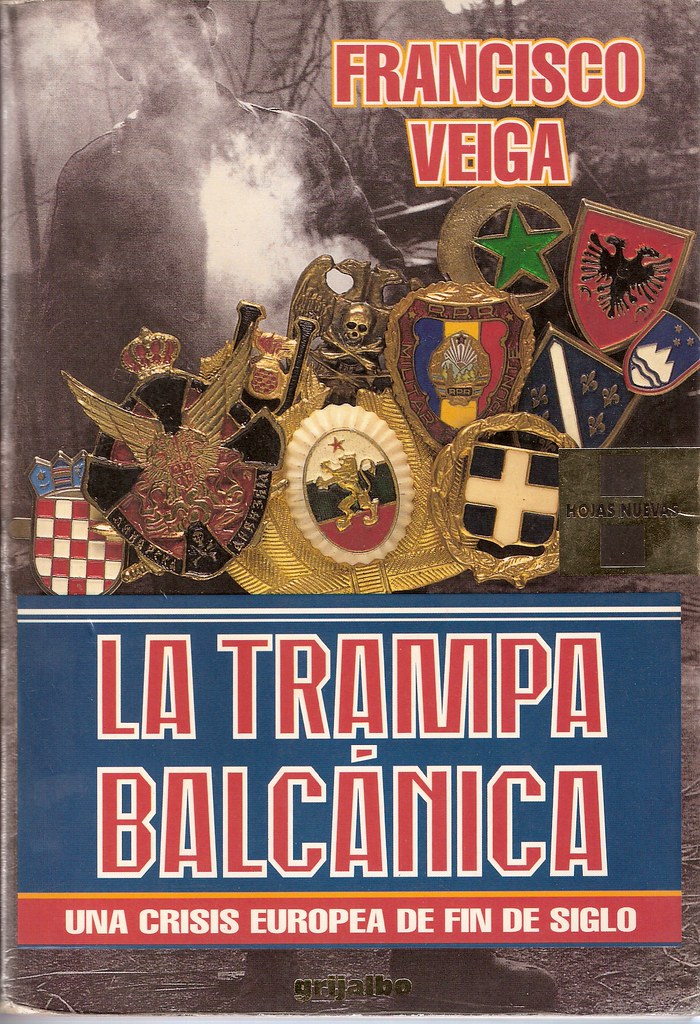
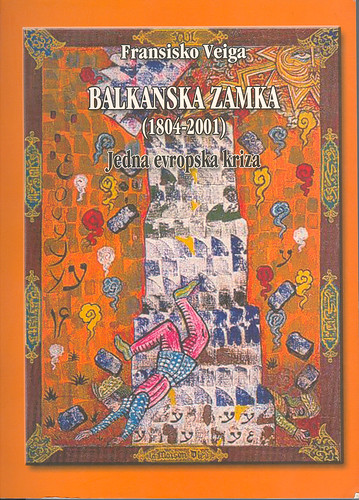
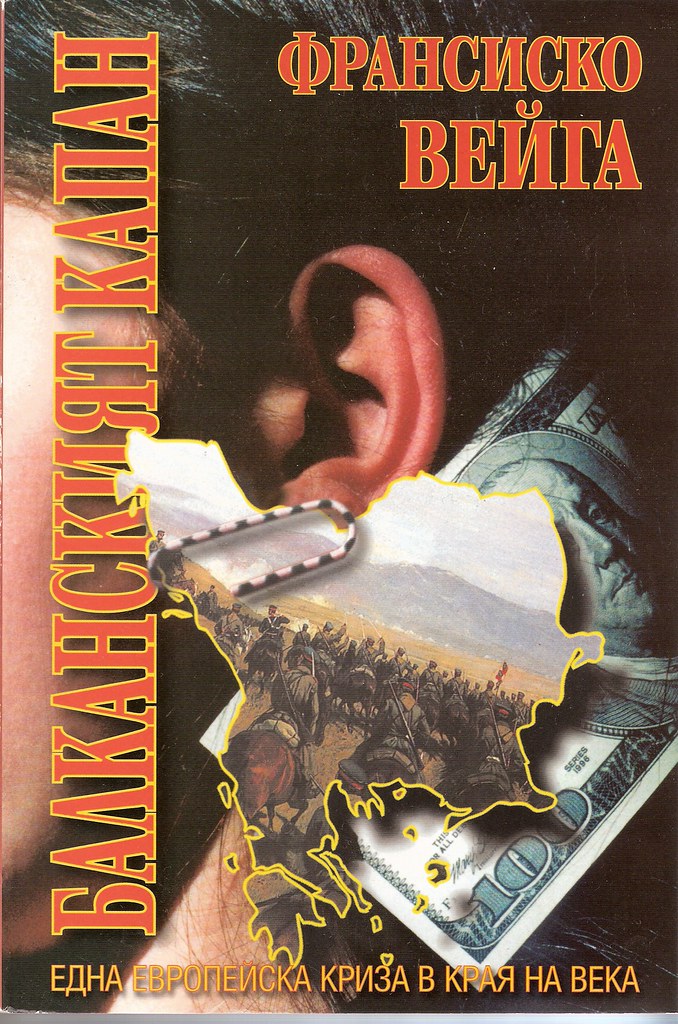
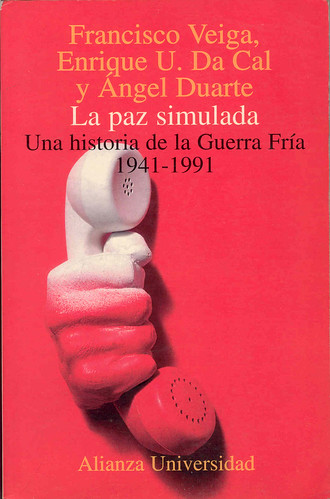
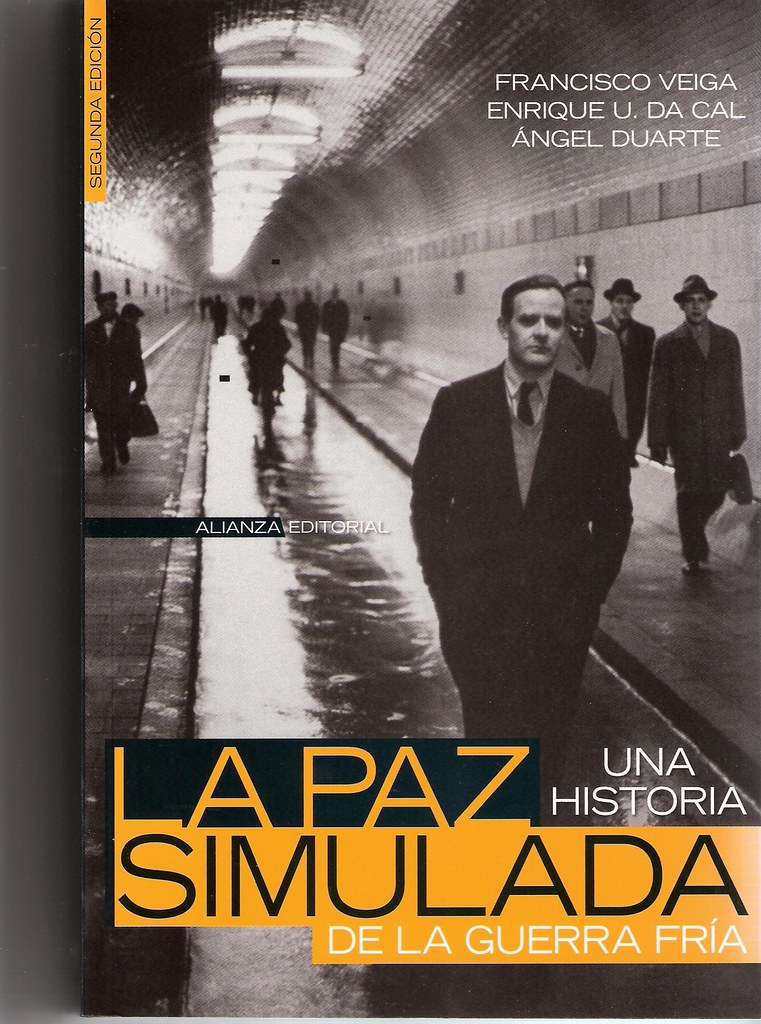
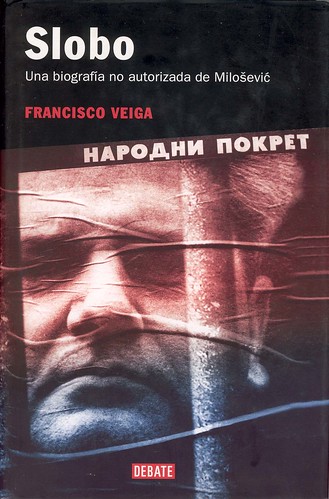
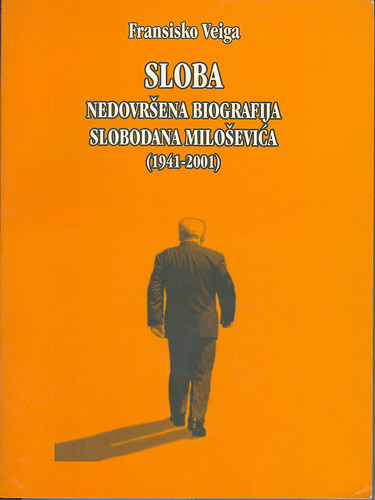
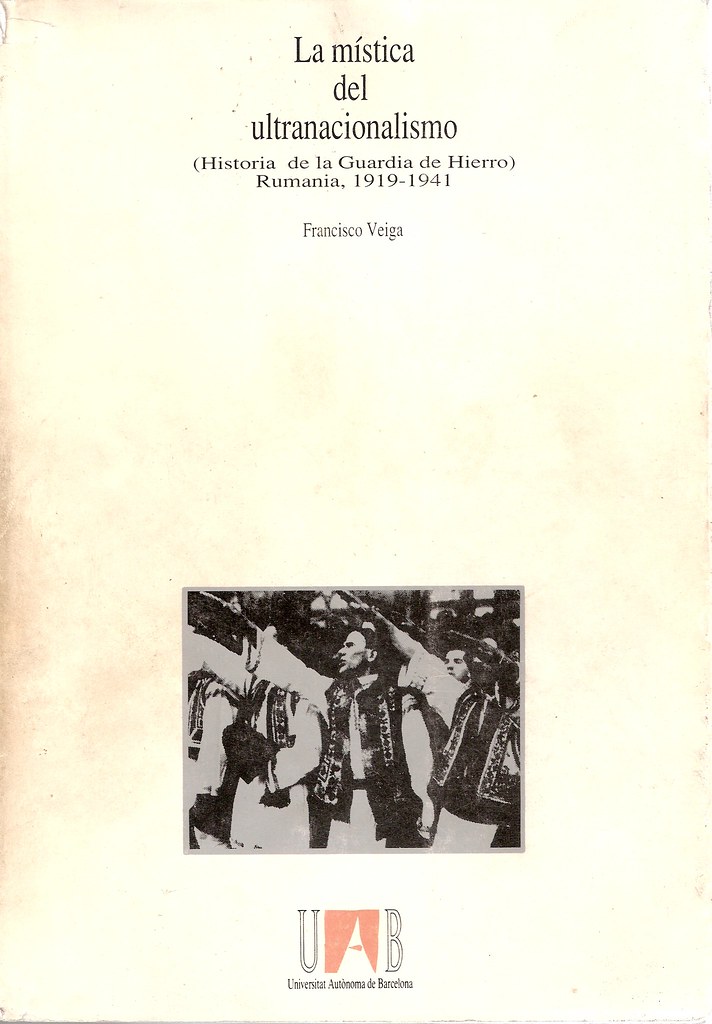
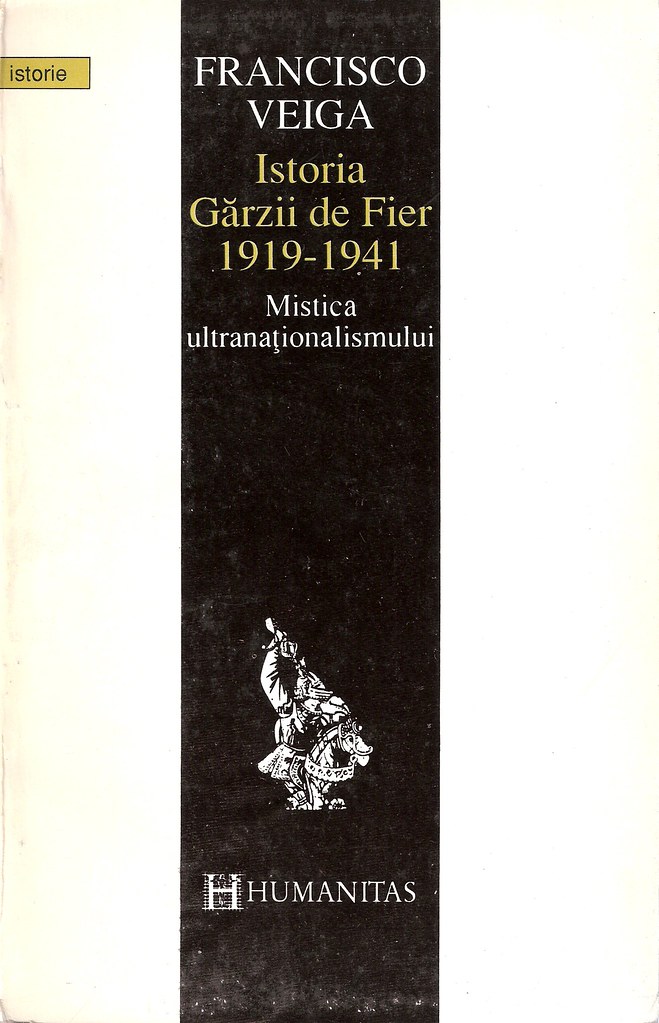

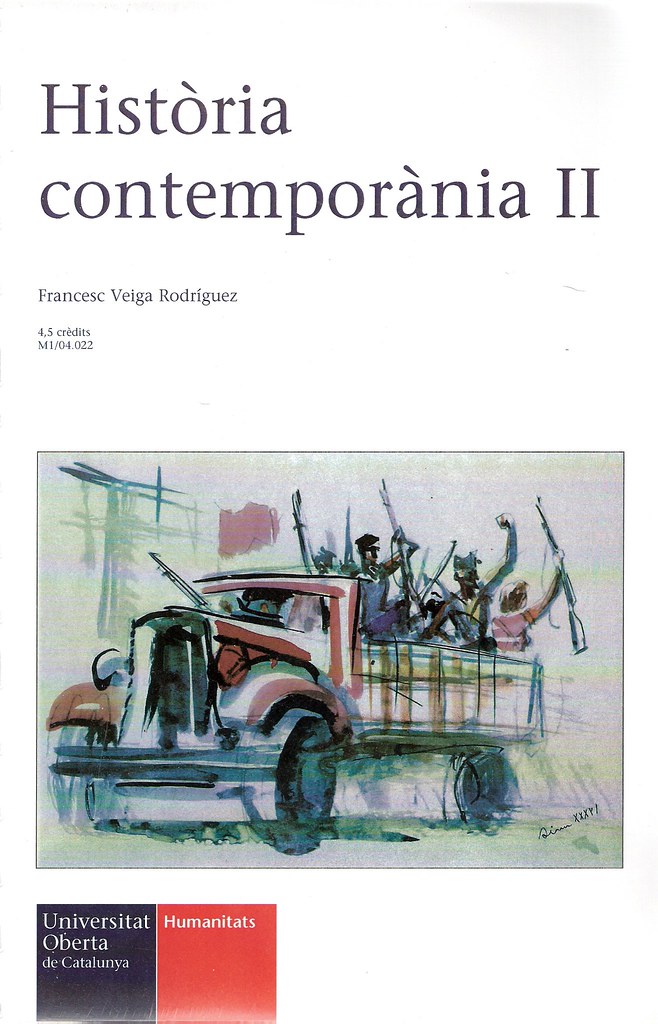
<< Home